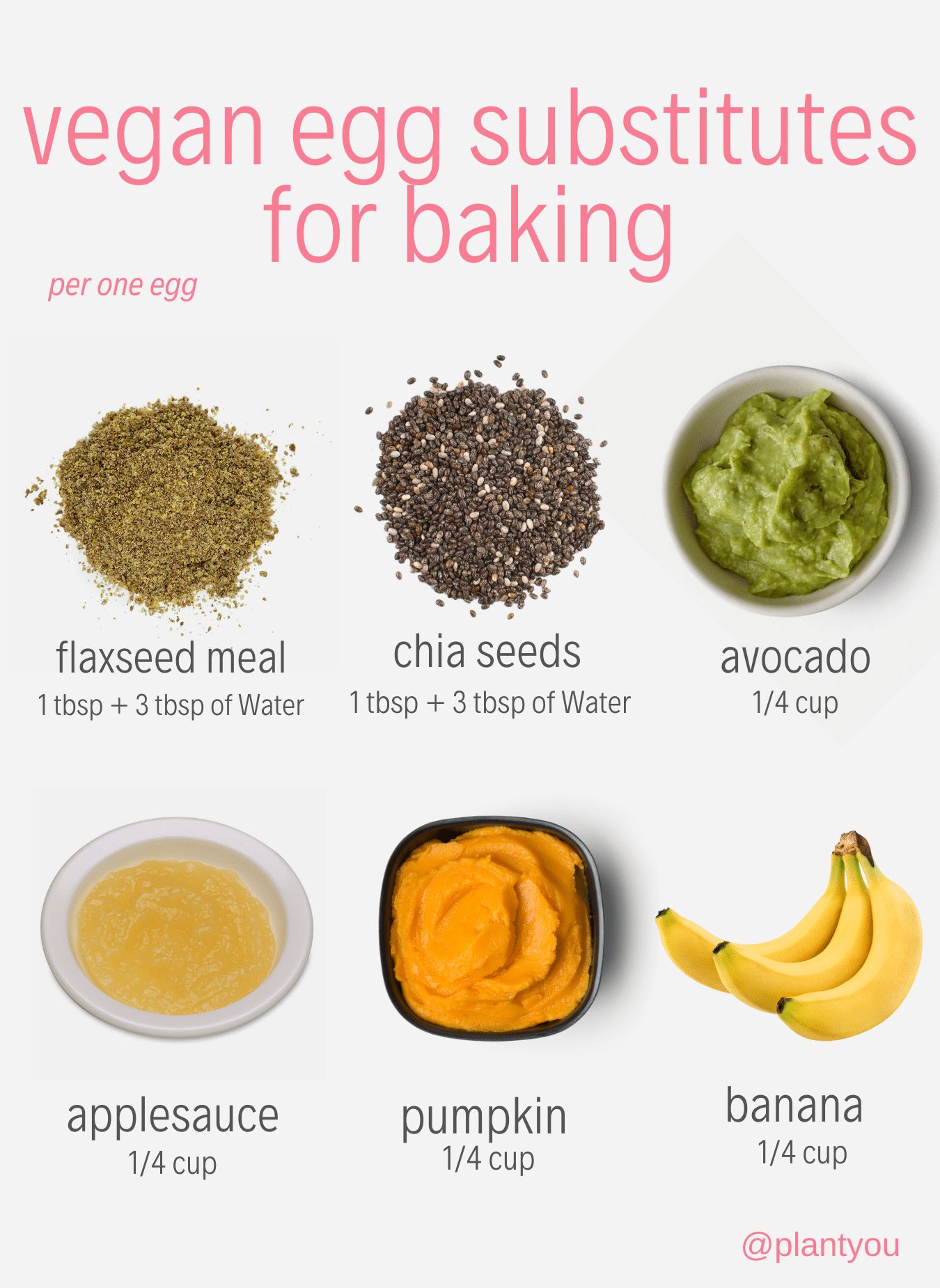Baking is a beloved pastime for many, offering a creative outlet and the promise of delicious treats. However, traditional baking ingredients can often be high in calories, sugar, and unhealthy fats. Whether you’re looking to cut down on sugar, reduce your calorie intake, or simply make your baked goods a little healthier, there are plenty of ingredient substitutes that can help. Below are some healthy alternatives for common baking ingredients that will not only enhance the nutritional value of your treats but also maintain their taste and texture.

Applesauce:
Unsweetened applesauce can replace sugar in many recipes. It provides moisture and sweetness with fewer calories. As a general rule, you can substitute applesauce for sugar in a 1:1 ratio, though you may need to reduce the amount of other liquids in the recipe slightly.
This traditional sweetener, made from concentrated sugarcane juice or palm sap, is not only rich in flavor but also packed with nutrients, making it a superior choice for those looking to reduce their consumption of refined sugar. Unlike refined sugar, which is devoid of nutrients, jaggery powder retains essential vitamins and minerals. It is particularly rich in iron, which helps combat anemia, and contains trace amounts of calcium, potassium, magnesium, and phosphorus. In most recipes, jaggery powder can replace refined sugar on a 1:1 basis. When using jaggery powder in recipes, ensure it is well dissolved.
Honey or Maple Syrup:
These natural sweeteners are less processed than white sugar and contain trace amounts of vitamins and minerals. Use about ¾ cup of honey or maple syrup for every cup of sugar, and reduce the overall liquid by ¼ cup.
Stevia:
A plant-based sweetener with zero calories, stevia is much sweeter than sugar. Typically, you only need 1 teaspoon of liquid stevia or about 1 tablespoon of stevia powder to replace 1 cup of sugar. Note that stevia can have a slightly bitter aftertaste, so it works best in recipes with strong flavors.

Made from finely ground almonds, this flour is low in carbohydrates and high in healthy fats and fiber. It works well in dense baked goods like cookies and cakes. Replace regular flour with almond flour in a 1:1 ratio, but note that baked goods will be denser and moister.
Ragi flour is a powerhouse of nutrients and a versatile ingredient that can be used in a variety of dishes. Its high calcium and iron content, along with being gluten-free and having a low glycemic index, make it an excellent choice for those looking to improve their diet. Being naturally gluten-free, ragi flour is an excellent alternative for those with celiac disease or gluten intolerance. Ragi is one of the richest sources of calcium among plant foods, essential for bone health and the prevention of osteoporosis. Substitute a portion of your regular flour with ragi flour in cake and cookie recipes. It adds a slightly nutty flavor and boosts the nutritional content.
High in fiber and low in carbohydrates, coconut flour absorbs a lot of liquid, so you only need a small amount. Use about ¼ cup of coconut flour for every 1 cup of regular flour, and increase the number of eggs to add moisture.
Whole Wheat Flour:
This is an easy swap for white flour, providing more fiber and nutrients. Start by replacing half of the all-purpose flour in a recipe with whole wheat flour to see how it affects the texture.
Egg

Flaxseed Meal:
Mix 1 tablespoon of flaxseed meal with 3 tablespoons of water to replace one egg. This mixture works well as a binding agent in recipes like cookies and muffins.
Similar to flaxseed, mix 1 tablespoon of chia seeds with 3 tablespoons of water to create a gel-like substitute for one egg. Chia seeds add a slight crunch and are rich in omega-3 fatty acids.
Applesauce or Mashed Banana:
Use ¼ cup of unsweetened applesauce or mashed banana to replace one egg. These fruit purees add moisture and work well in cakes and muffins.
Milk

Unsweetened almond milk can replace regular milk in a 1:1 ratio. It’s lower in calories and fat but provides a similar texture and consistency.
For a richer flavor, especially in desserts, coconut milk is a great substitute. Use the same amount as you would regular milk, but be mindful of its higher fat content.
This plant-based milk is slightly thicker than almond milk and works well in baking, providing a creamy texture. Substitute it in a 1:1 ratio.
HEALTHY RECIPES TO TRY
HEALTHY CHOCOLATE CHIP COOKIES
HEALTHY PEANUT BUTTER SMOOTHIE
Making healthy substitutions in your baking doesn’t mean sacrificing flavor or texture. With a bit of experimentation, you can find the right balance that suits your taste and dietary needs. By incorporating these healthier ingredients, you can enjoy your favorite treats with the added benefits of better nutrition. Happy baking!

 Hello. I'm Shivesh Bhatia, a food blogger and food stylist from Delhi, India. Welcome to Bake With Shivesh, where I'll help you create magic in your kitchens with my simple recipes.
Hello. I'm Shivesh Bhatia, a food blogger and food stylist from Delhi, India. Welcome to Bake With Shivesh, where I'll help you create magic in your kitchens with my simple recipes.
Leave a Reply